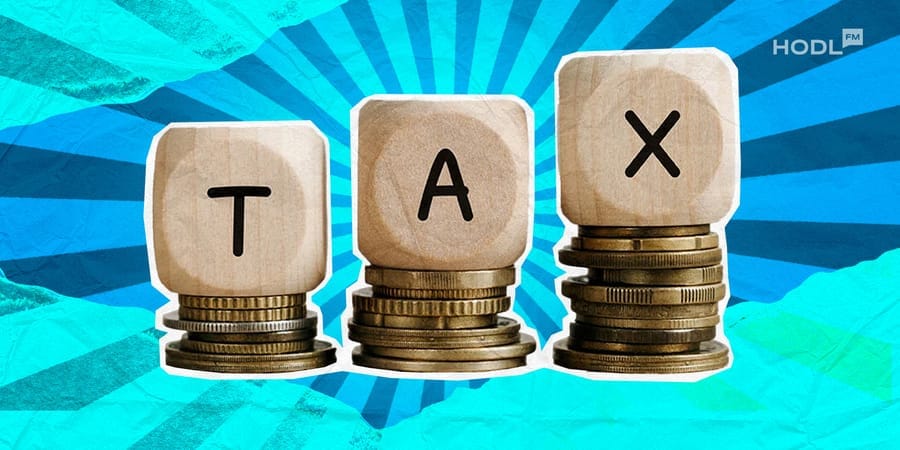Coinbase warns the IRS is unprepared, senators clash over priorities, and businesses cheer interim tax relief.
The U.S. Senate Finance Committee this week put cryptocurrency taxation under the microscope, just as the Internal Revenue Service (IRS) moved to ease some corporate tax obligations linked to digital assets.
On Tuesday, the Treasury Department and IRS unveiled interim guidance on the Corporate Alternative Minimum Tax (CAMT), a 15% levy on the financial statement income of large corporations enacted under the 2022 Inflation Reduction Act. The relief allows companies, including those with substantial digital asset holdings, to exclude unrealized crypto gains and losses from their CAMT liability.
The update drew quick praise from industry players.
MicroStrategy’s Michael Saylor wrote on X that his company “does not expect to be subject to the CAMT due to unrealized gains on its bitcoin holdings.” Mining firm Marathon Digital likewise called the guidance “a positive development” for shareholders.
Coinbase Sounds the Alarm
But the relief was just a warm-up.
A day later, the Senate held its hearing on “Examining the Taxation of Digital Assets,” where Coinbase vice president of tax Lawrence Zlatkin warned lawmakers that the IRS is not ready for what’s coming.
“The IRS is probably unprepared today to endure or to absorb the amount of information that Coinbase alone will be providing,” Zlatkin said, noting that future rules could unleash billions of crypto transaction reports.
He urged senators to consider “administrability” whether the IRS can realistically process the data, before finalizing rules.
Tax Rules Still Unwritten
Despite years of debate, many key questions remain unsettled. Should small crypto transactions under a certain dollar amount be exempt from tax reporting under a de minimis rule? When should staking rewards count as income, at the time they are earned, or only when sold? And should stablecoins, designed to mirror the dollar, be spared from capital gains calculations?
“Our tax code does not provide straightforward answers for many digital asset transactions, whether someone is buying a cup of coffee, donating to a charity, investing, lending, mining or staking,” committee chair Senator Mike Crapo said.
Without clear guidance, both businesses and individual taxpayers are left in a gray zone.
Politics at Play
The hearing also exposed partisan divides. Senator Elizabeth Warren criticized the industry’s lobbying, arguing that “special tax rules” would only benefit crypto billionaires. Senator Ron Wyden, the committee’s top Democrat, acknowledged the sector needs attention but suggested Congress has “a pretty long list of major issues” ahead of crypto.
Meanwhile, Senator Cynthia Lummis has been pushing in the opposite direction, introducing legislation that would exempt small crypto payments up to $300 and address other industry concerns. Whether her bill advances remains uncertain.
An IRS Under Pressure
Complicating matters is the IRS itself. The agency has shed thousands of staff in recent years, including leadership in its dedicated crypto office. That capacity gap raises questions about whether it can keep up with the demands of new reporting rules.
For now, the IRS’s interim CAMT relief offers breathing room for corporations, but it is only a temporary patch. Final regulations are still to come, and the Senate debate shows just how divided policymakers remain over digital asset taxation.
As Zlatkin put it, crypto is “one asset class that is so democratized that we are talking about billions of transactions.”
For both the IRS and the industry, figuring out how to track, report, and tax those transactions remains a challenge still very much in progress.

Disclaimer: All materials on this site are for informational purposes only. None of the material should be interpreted as investment advice. Please note that despite the nature of much of the material created and hosted on this website, HODL FM is not a financial reference resource, and the opinions of authors and other contributors are their own and should not be taken as financial advice. If you require advice. HODL FM strongly recommends contacting a qualified industry professional.




